Since launching our grantmaking activities in 2014, we have awarded over $26.4 million in support of our research priorities: access, affordability, and the value of legal education.
Awarded Grants
Grant Program
Grant Status
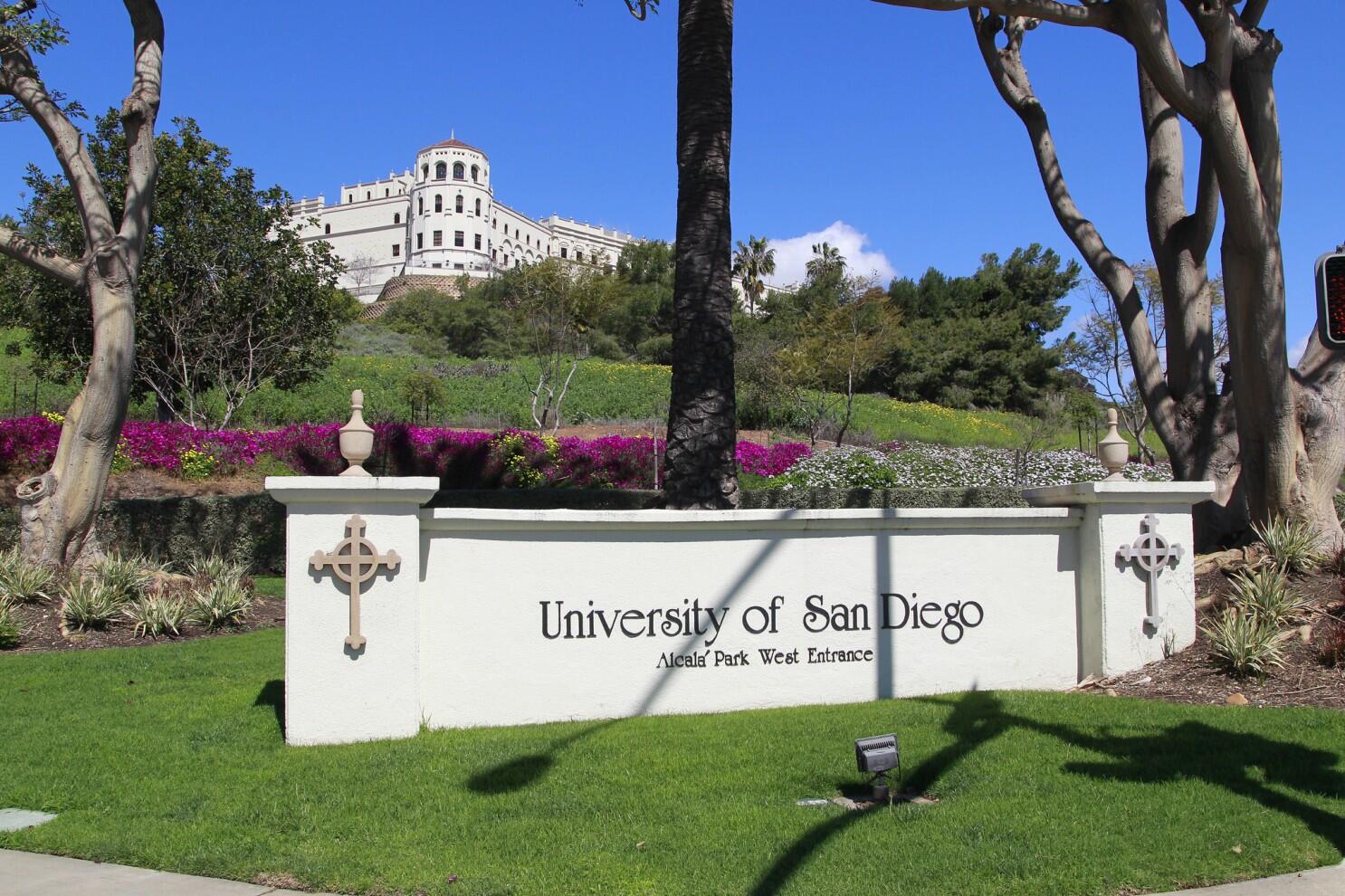
University of San Diego
The primary goal of this project is to increase access to the practice of law in California by bridging the gap between admission to law school and passing the bar exam. Phase I of the project will identify potential interventions through a combination of statistical analysis and by gaining input from stakeholders. Phase II will involve the implementation of at least two interventions identified in Phase I.
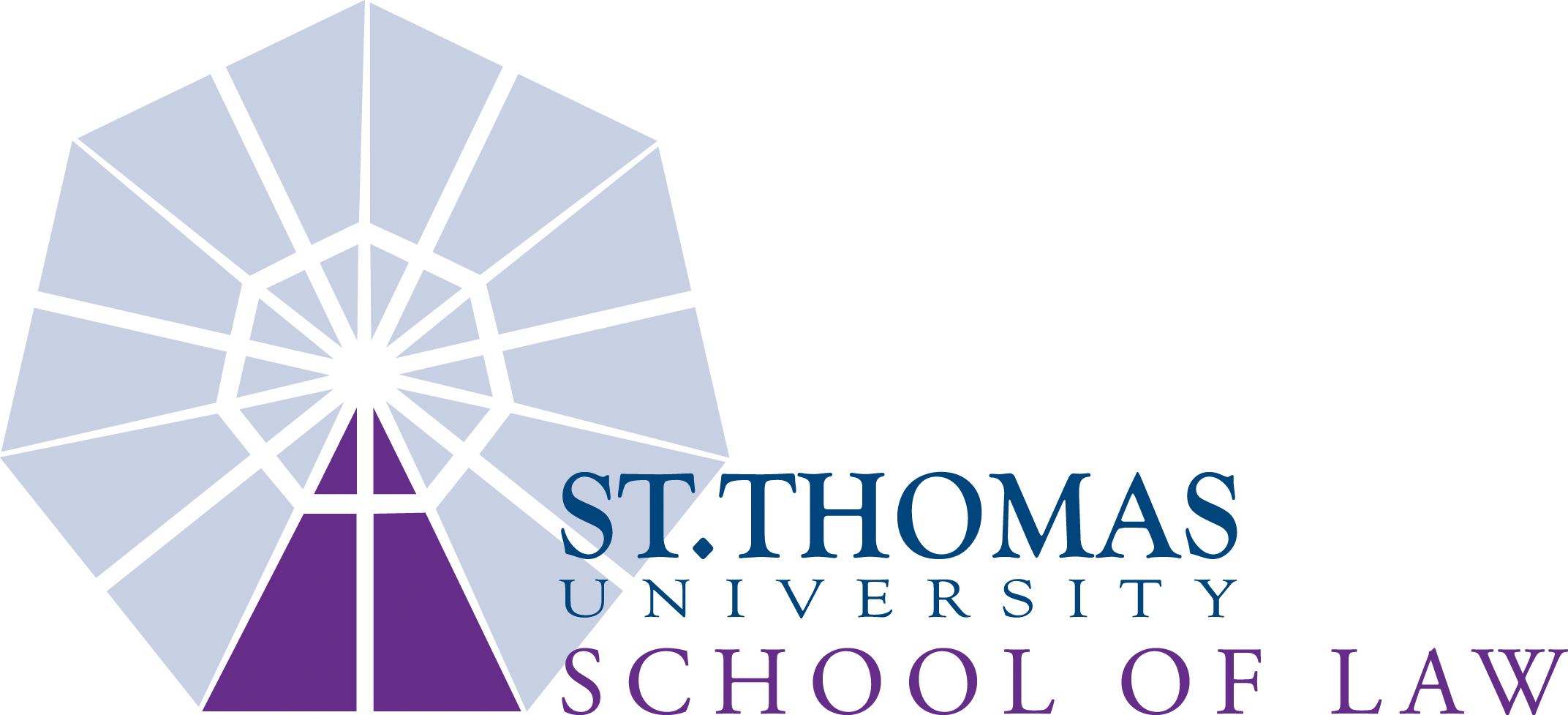
University of St. Thomas School of Law
Over the last few years, a growing number of law schools have implemented a required first-year course/program focused on professional development or professional identity formation. To date, there has been no assessment of which of the courses/programs are most successful in advancing students with respect to learning outcomes associated with professional development. This project would be designed to assess these courses/ programs and to identify the most successful pedagogies.
View grant outcomes.
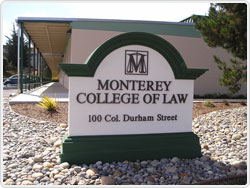
Monterey College of Law
This study will be the first of its kind to compile and analyze empirical data from regulatory agencies (state and national bar associations), industry trade groups (malpractice insurers), and other published academic and professional research. The primary objective is to inform national and state policy decisions through an empirical analysis of the relationship between a minimum bar exam passing score (“cut score”) and minimum competency, public protection, and disparate impact. This is a companion study to the AccessLex Institute supported California Attorney Practice Analysis (CAPA).
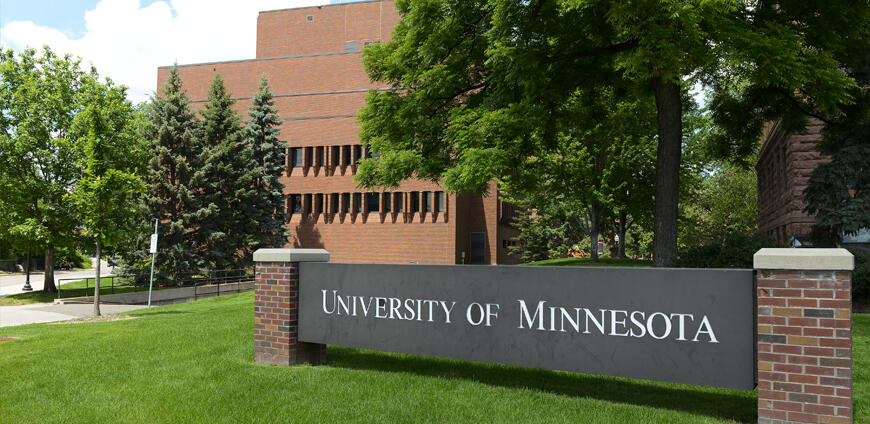
University of Minnesota
Research grant awarded to Krista Soria, Director of Student Affairs Assessment at the University of Minnesota, to better understand the roles of financial factors (e.g., funding sources, debt, financial stress, and food and housing insecurity) in graduate, professional, and law students’ mental health, time to degree completion, and career interests.
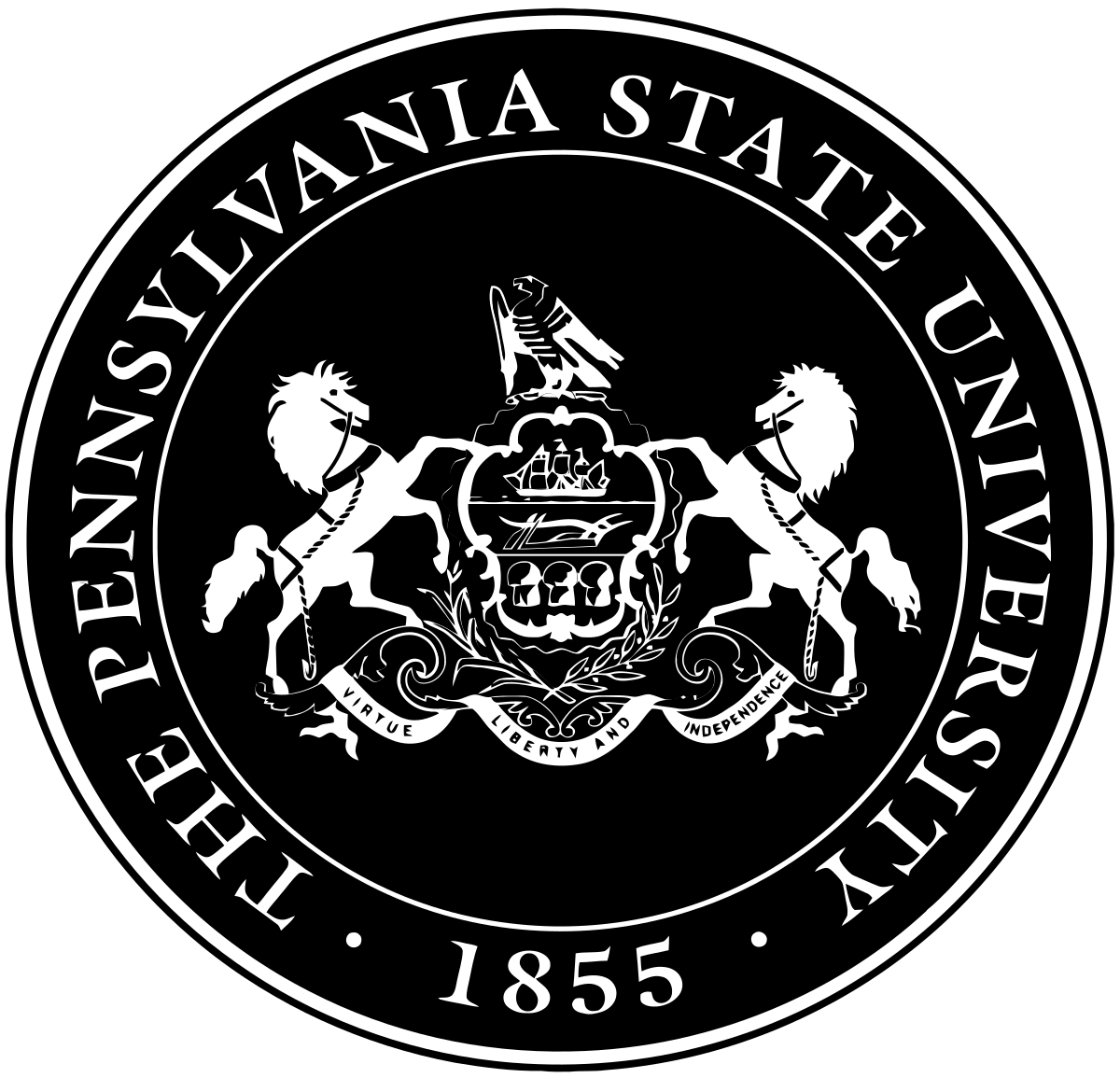
Pennsylvania State University
Research grant awarded to Kelly Rosinger, Assistant Professor at Pennsylvania State University’s College of Education, to examine how LSAT-optional admissions policies impact diversity (e.g., the share and number of Black, Latinx, and Native American students enrolled) and selectivity (e.g., the number of applicants, acceptance rate, and the LSAT scores of enrollees) at adopting U.S. law schools.
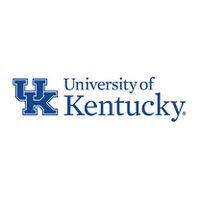
University of Kentucky
Research grant awarded to Willis Jones, Associate Professor at University of Kentucky’s College of Education, to study variation in cost of living estimates among U.S. law schools.
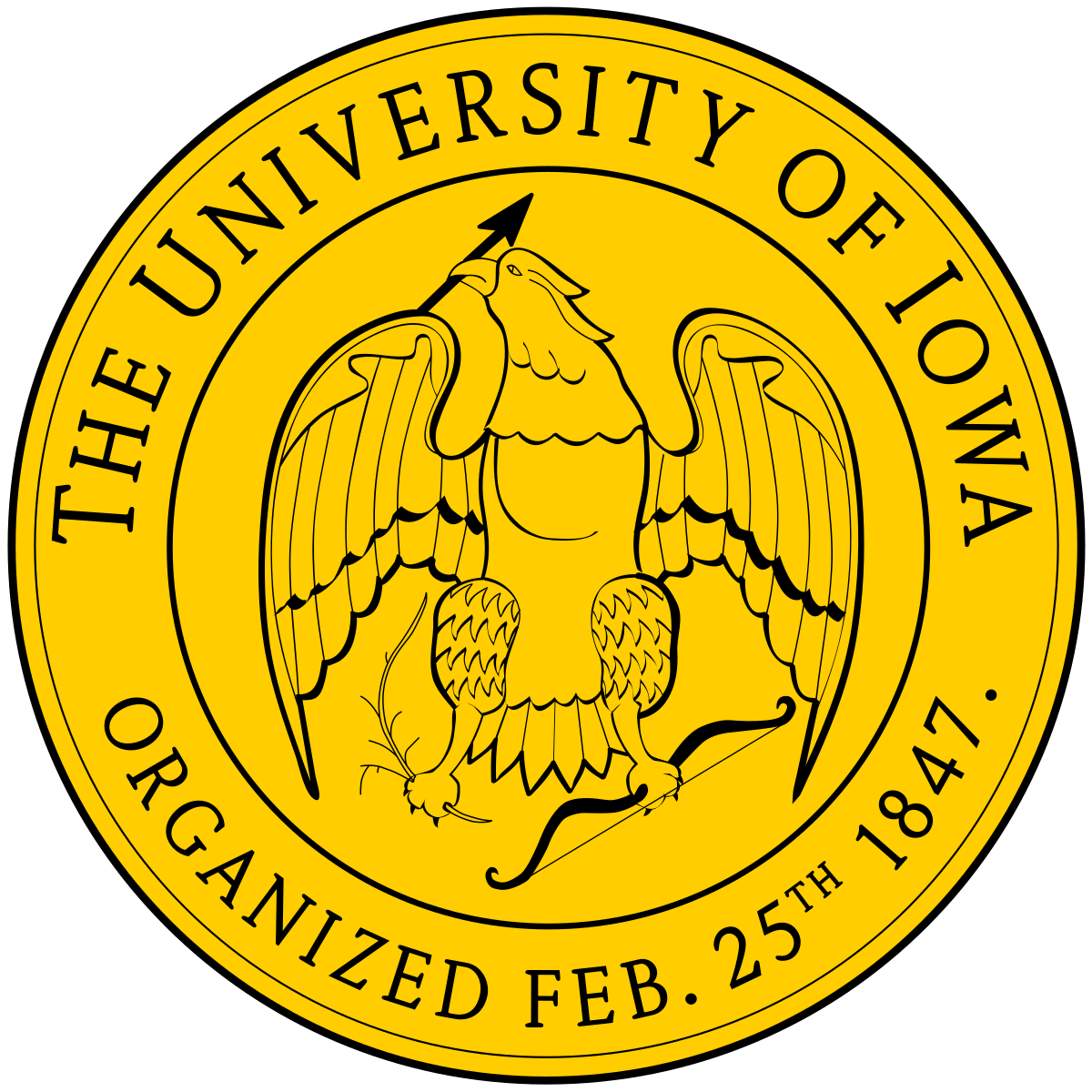
University of Iowa
Research grant awarded to Nicholas Bowman, Professor at University of Iowa’s College of Education, to examine factors that predict changes in enrollment and graduation of students from marginalized racial groups at U.S. law schools.
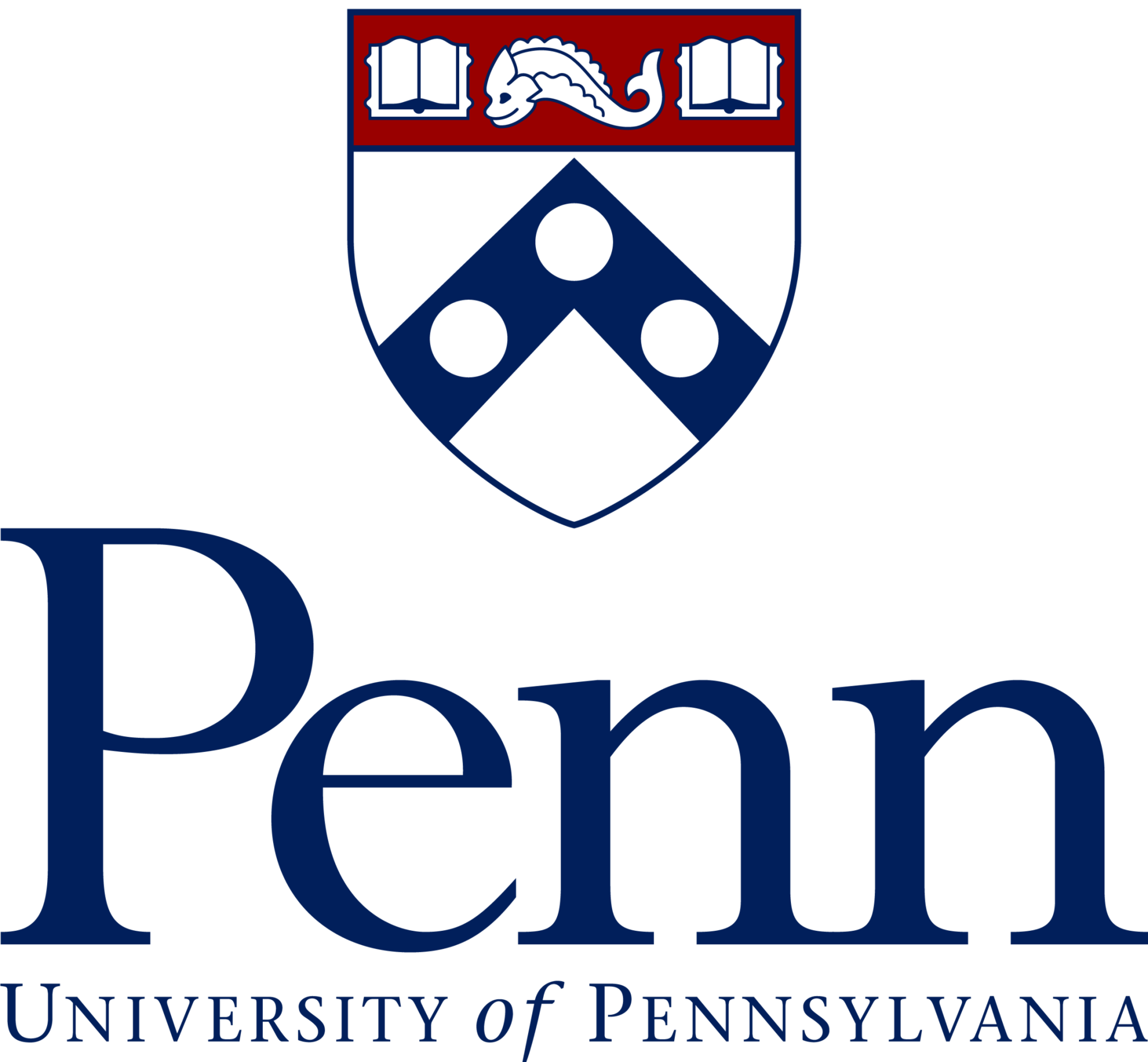
University of Pennsylvania
Dissertation grant awarded to Chad Losee, Ed.D. candidate in Higher Education Management at University of Pennsylvania, to better understand factors related to the aspirations to pursue a top-ranked graduate degree (e.g., MBA).

University of Wisconsin Law School
The project is intended to increase our understanding of how a Financial Life Skills (FLS) course can potentially improve undergraduate students' financial knowledge, capability, and well-being. There are three critical aspects related to college students that we wish to explore in this study: financial knowledge, financial attitudes, and financial behavior.



